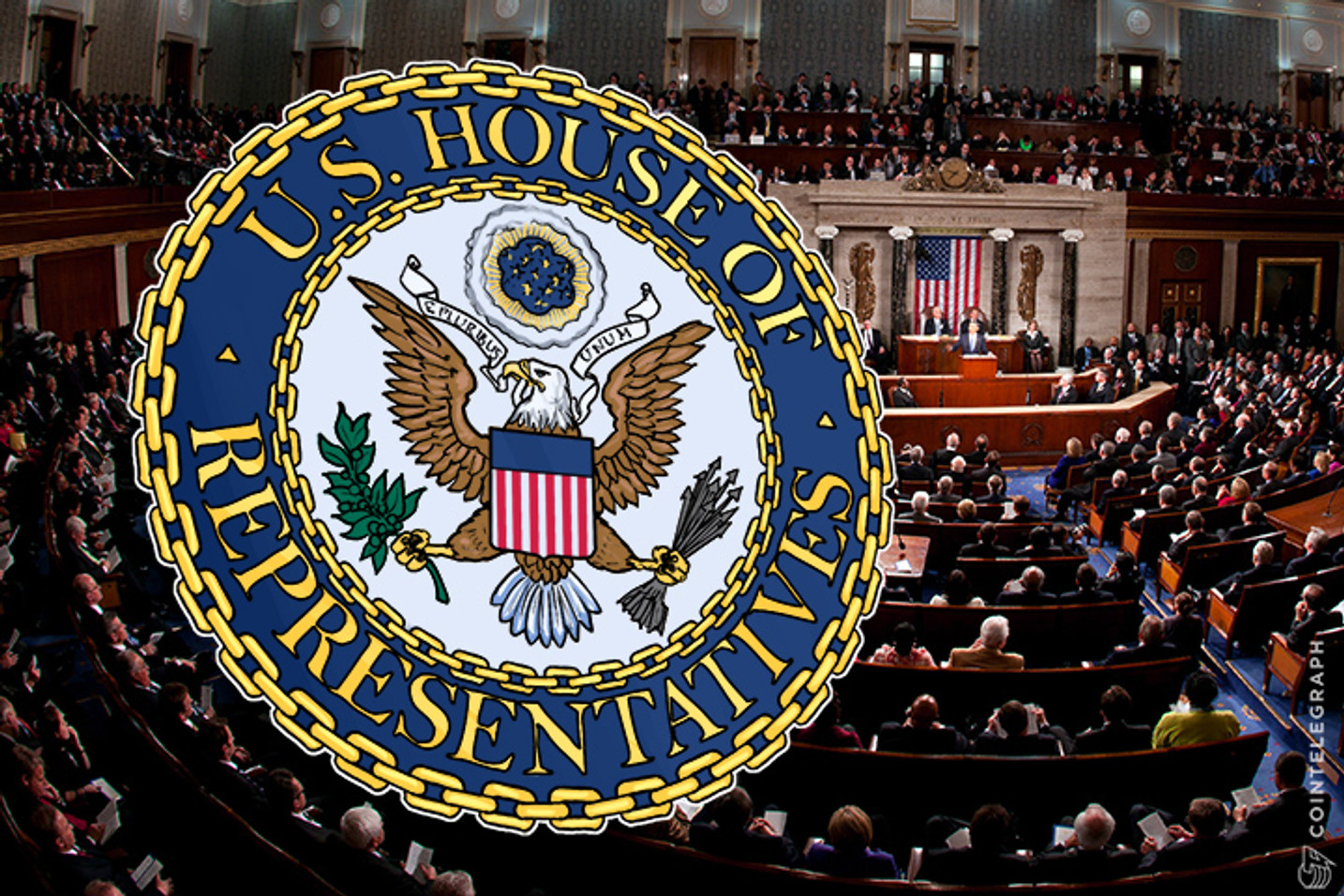The United States House of Representatives has passed a nonbinding resolution calling for an adoption of “a national policy for technology to promote consumers' access to financial tools and online commerce to promote economic growth and consumer empowerment.”
Why The Accelerated Interest?
We have seen relatively little developments in the space of federal regulation on the Blockchain technology and digital currencies. A non-profit called Coin Center reached out to United States representatives communicating their concerns on the developing bill. The letters on issue are available on their website.
In July, the declaration was introduced which calls the United State government to develop an updated domestic policy related to technology, specifically referencing cryptocurrencies and Blockchain technology. The bill was introduced by United States Congressman Adam Kinzinger of Illinois and is sponsored by Congressman Tony Cardenas of California.
Following statements from supporters, the resolution passed by a verbal vote earlier this week. The resolution is non-binding, which may be considered a half-measure, is a rather significant leap forward from Congress for the discussion on Blockchain and cryptocurrencies.
The opening remarks on the bill stated:
“The House of Representatives that the United States should adopt a national policy for technology to promote consumers’ access to financial tools and online commerce to promote economic growth and consumer empowerment.”
The resolution occurred months after the United States House Committee on Energy and Commerce debated the technology. Notes from supporters on the floor demonstrated a very real interest in the issue among the House members.
Congressman Michael Burgess of Texas, stated at the hearing:
"There’s no doubt that Blockchain innovations are on the cutting edge today."
What’s Next?
We will see what the next step is for congress and whether or not they will pursue a more substantial bill development for digital currencies and the Blockchain technology. The next session will meet after November's United States elections.
The non-leaning characteristics of the current resolution suggests that a new and updated bill may be released by Congress in the time following.
